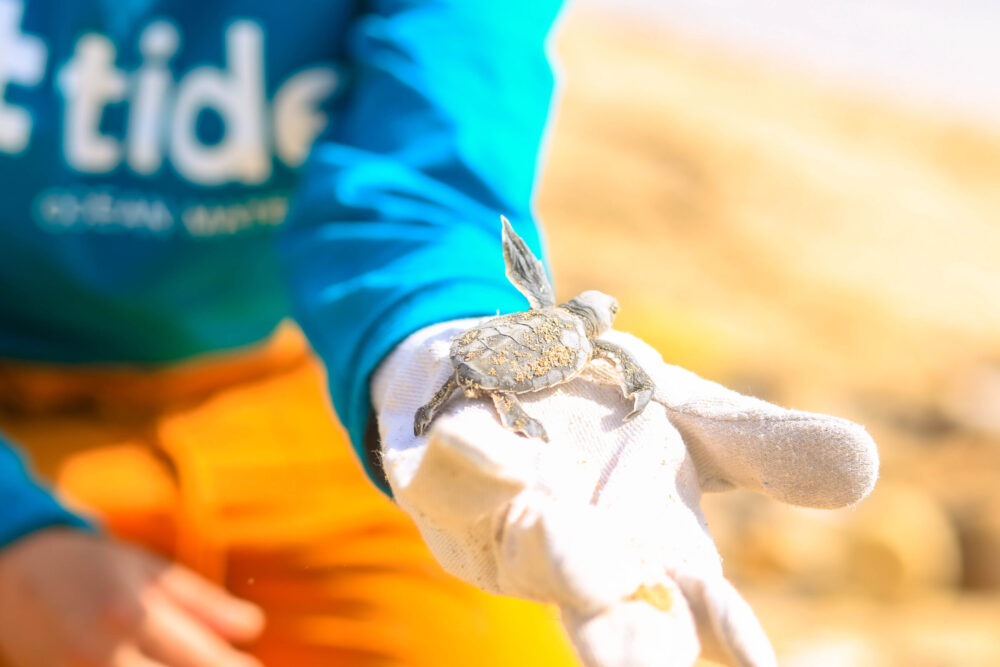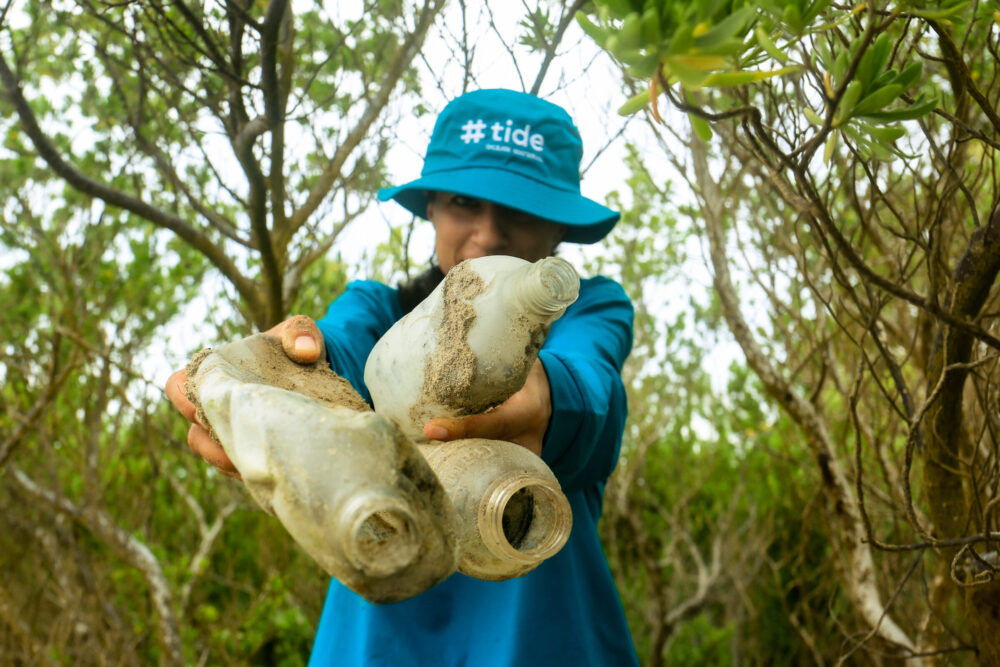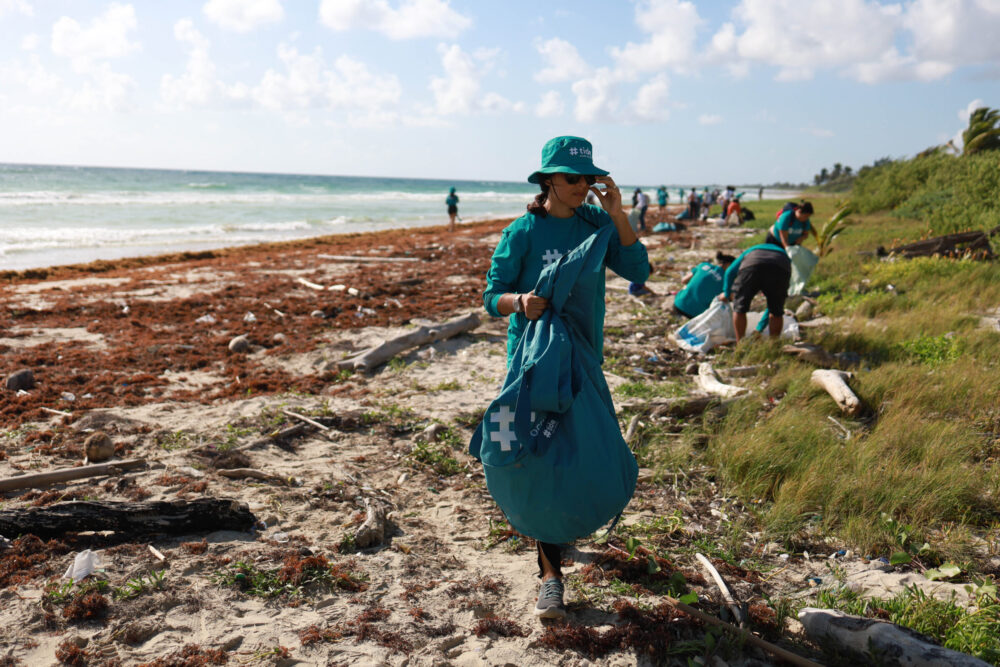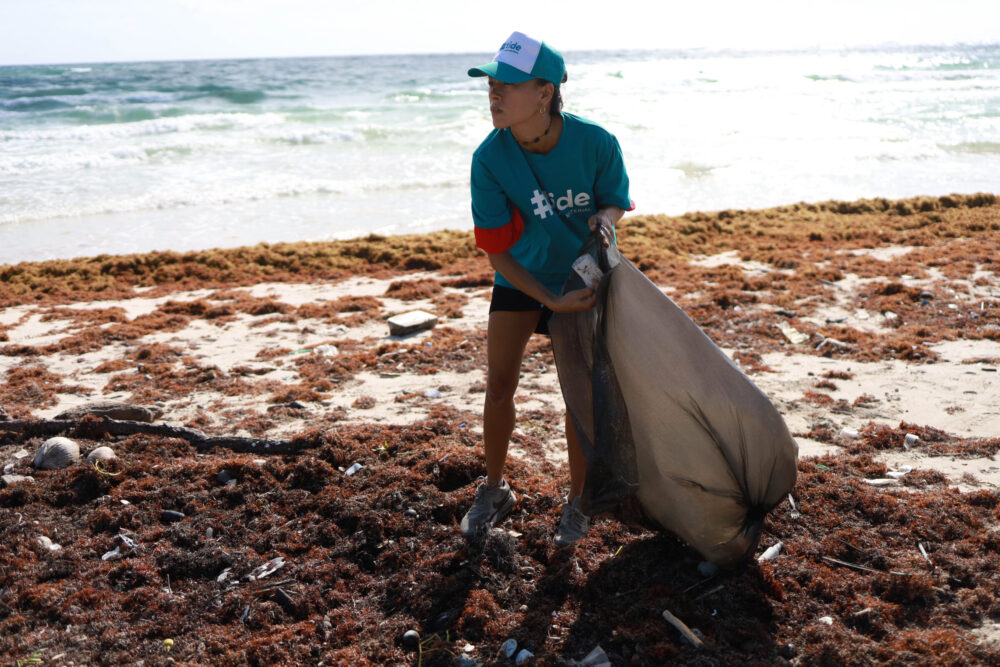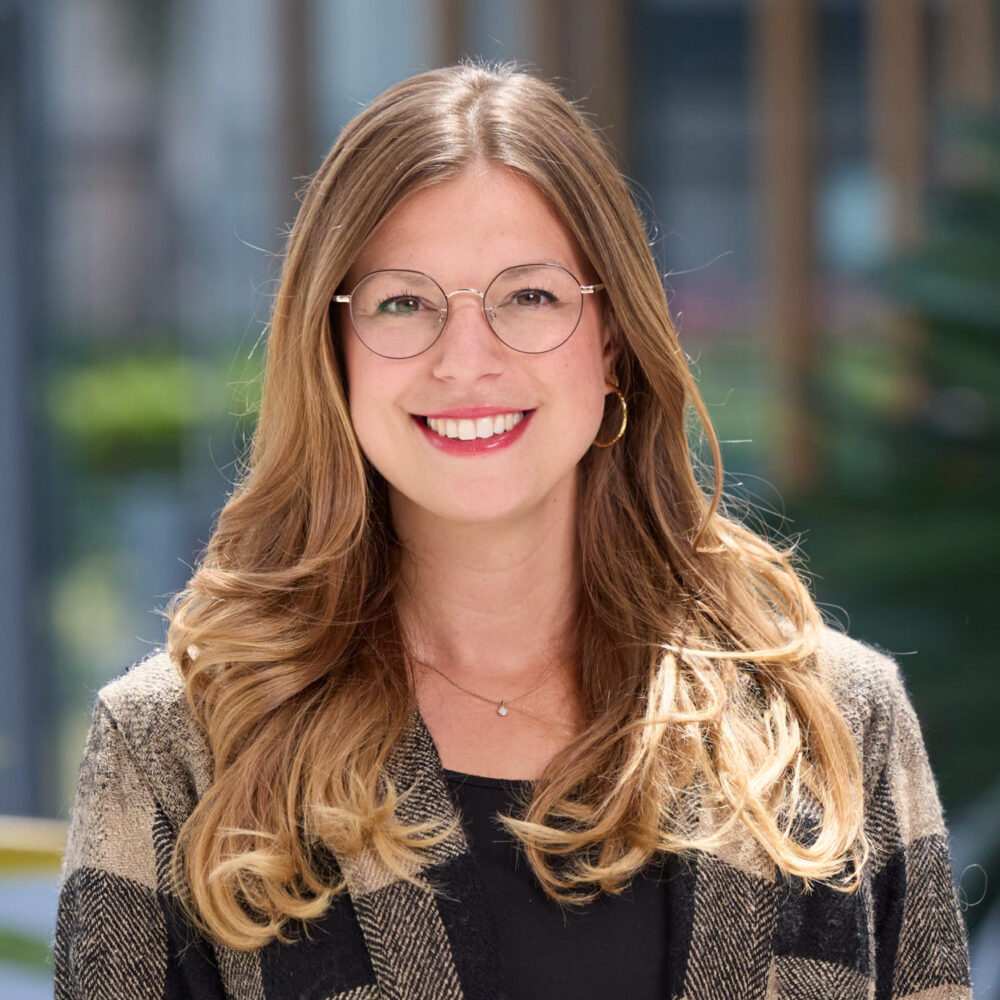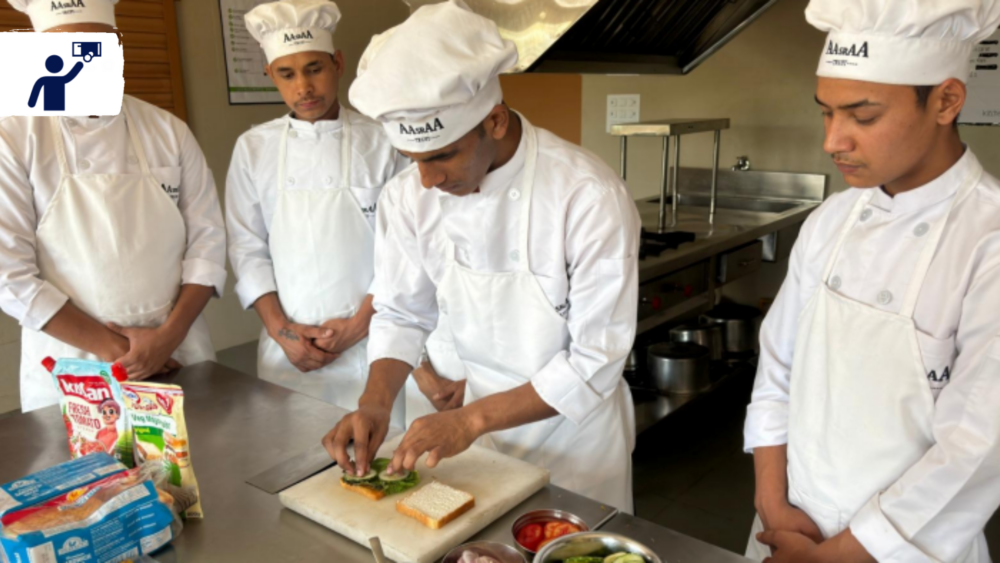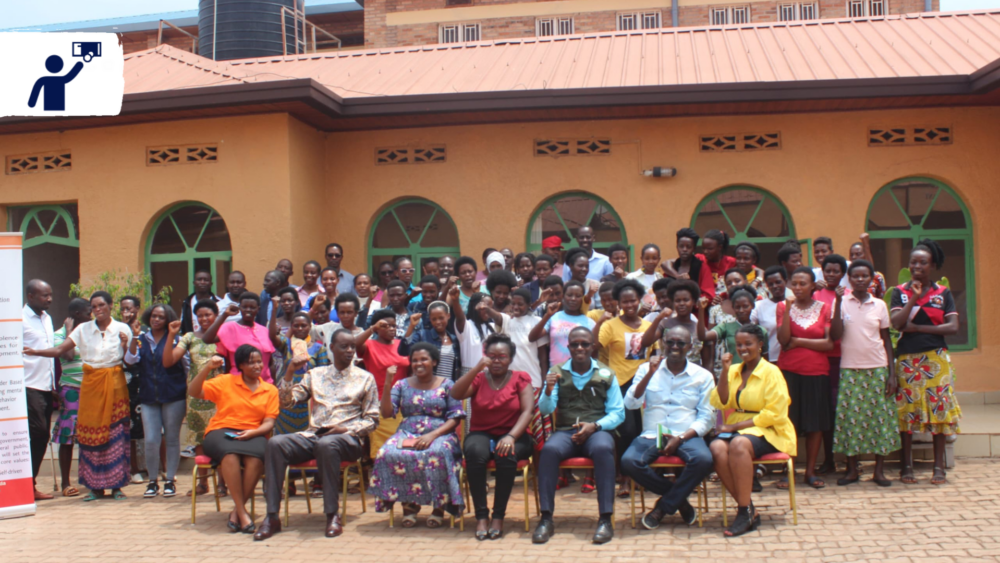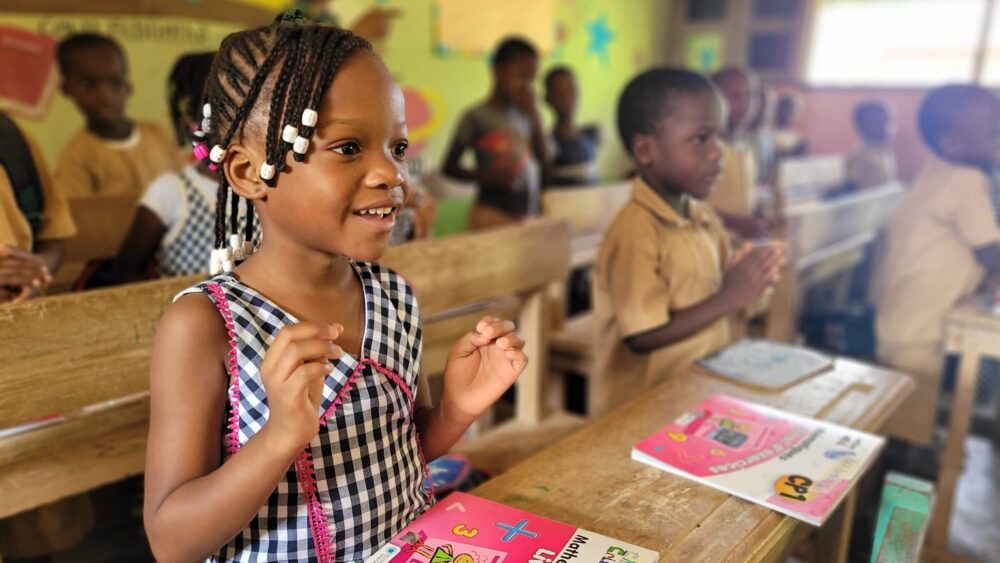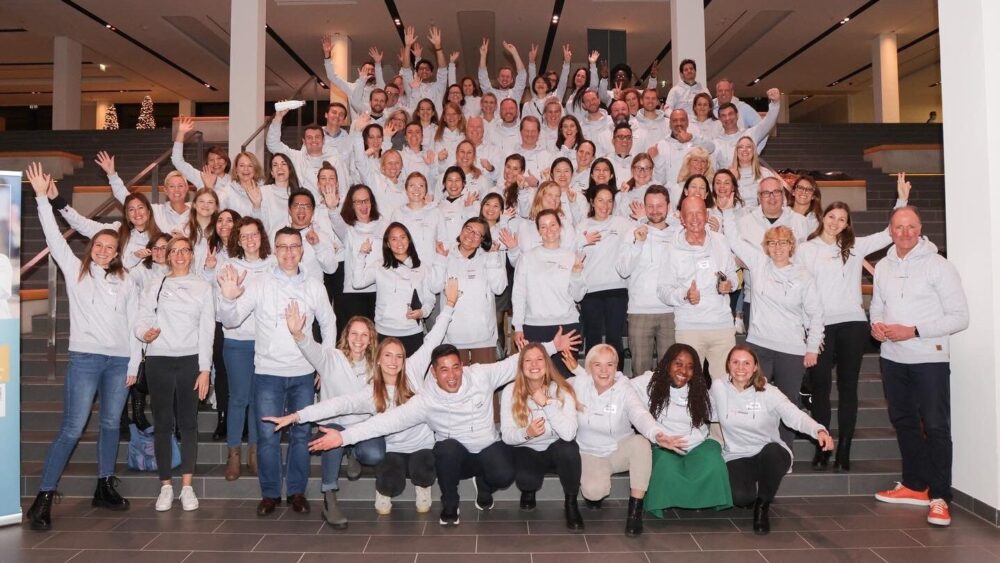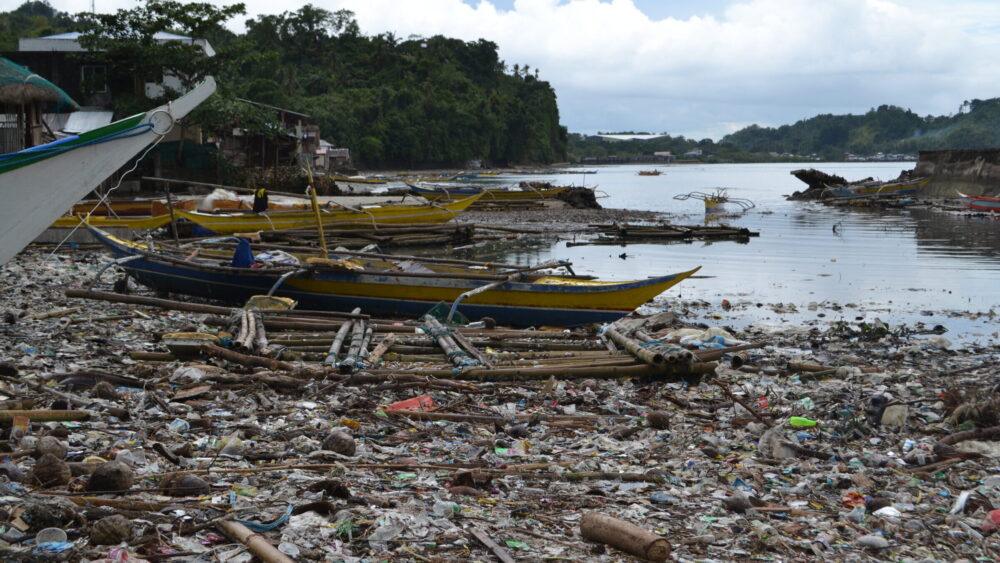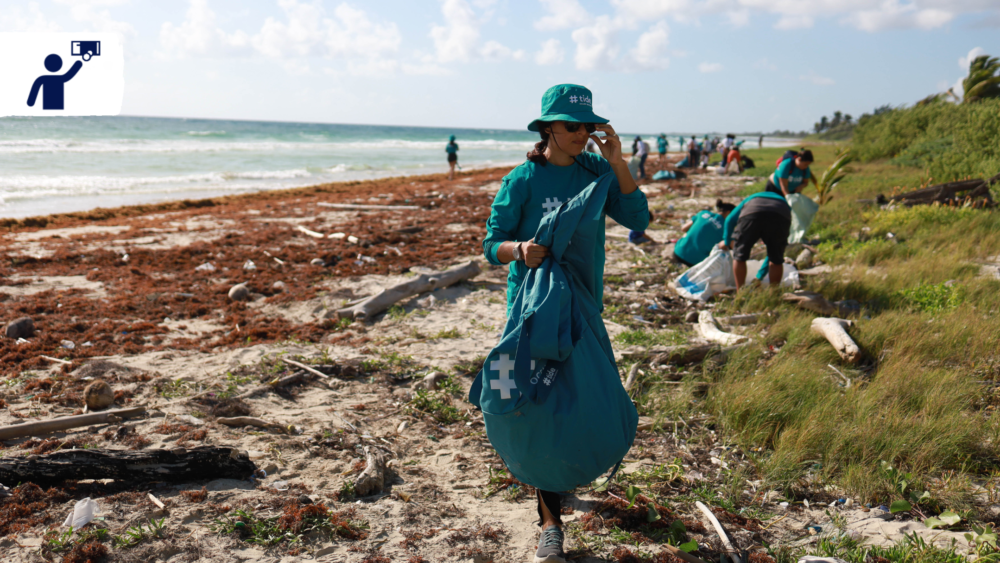
Plastic collectors, Costa Maya
The project reduced plastic waste in the ocean and landscape, created fair income opportunities for fishers and coastal residents, and promoted sustainable environmental awareness in the region through recycling and training.
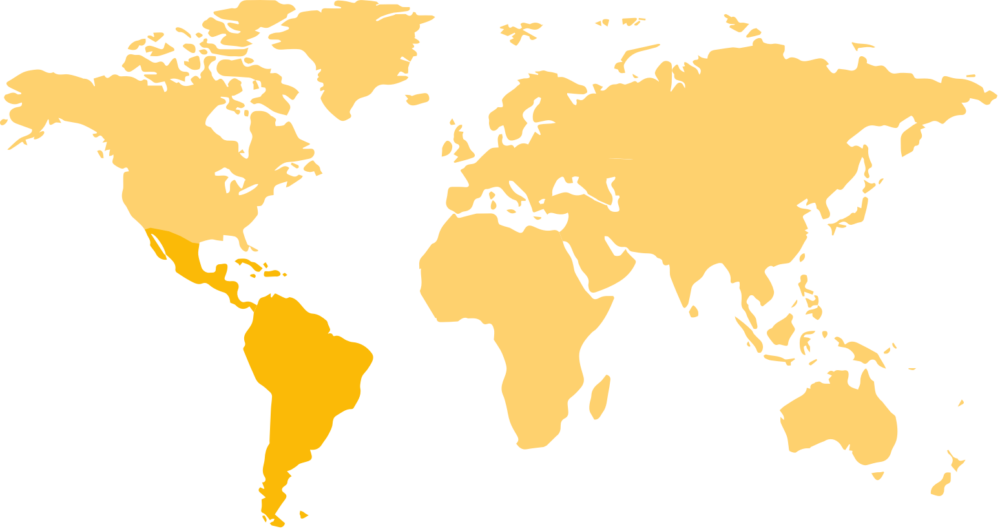
Project background
More than 40% of the Mexican population still live in poverty. Around 33 million workers are employed informally without any social security. Wealth is also distributed extremely unevenly among the country’s parts and population groups. While the north and center of the country are home to a relatively large number of companies that produce at world market level, and the metropolitan area of Mexico City in particular generates a large share of the gross domestic product, the south is considerably weaker economically. This is also where most of the indigenous population lives, and they are still economically, socially and structurally marginalized.
In the past 20 years, coastal pollution in southern Mexico has also increased dramatically. There is no functioning waste management system or recycling culture.
The fragile ecosystem of the Costa Maya, consisting of mangroves, sandy beaches and the Mesoamerican barrier reef is heavily affected by human waste. Plastic waste washes up on the beaches daily, severely impacting flora and fauna. Many fish and other marine life regularly become entangled in the plastic debris and die.
At the same time, overfishing of the oceans is contributing to a diminishing income for fishermen in the region. Finding solutions to these problems is the core of the project.
Our Impact
The goal of the project was, on the one hand, to reduce plastic waste in the oceans and the landscape, while at the same time creating income opportunities for fishers and coastal residents in the region. For this social and environmentally friendly approach, our project partner Tide Ocean was awarded the Swiss Ethics Award in 2022.
Participants receive fair compensation for every kilogram of plastic collected. With our support, a recycling facility for processing marine plastic was established for a special treatment process which prdouces high-quality raw material from the collected plastic. As part of the project, a distribution network for the recycled granulate was also developed.
To achieve long-term change, it was also crucial to raise awareness of recycling and waste reduction among the local population. For this purpose, training sessions were offered to fisher families.

